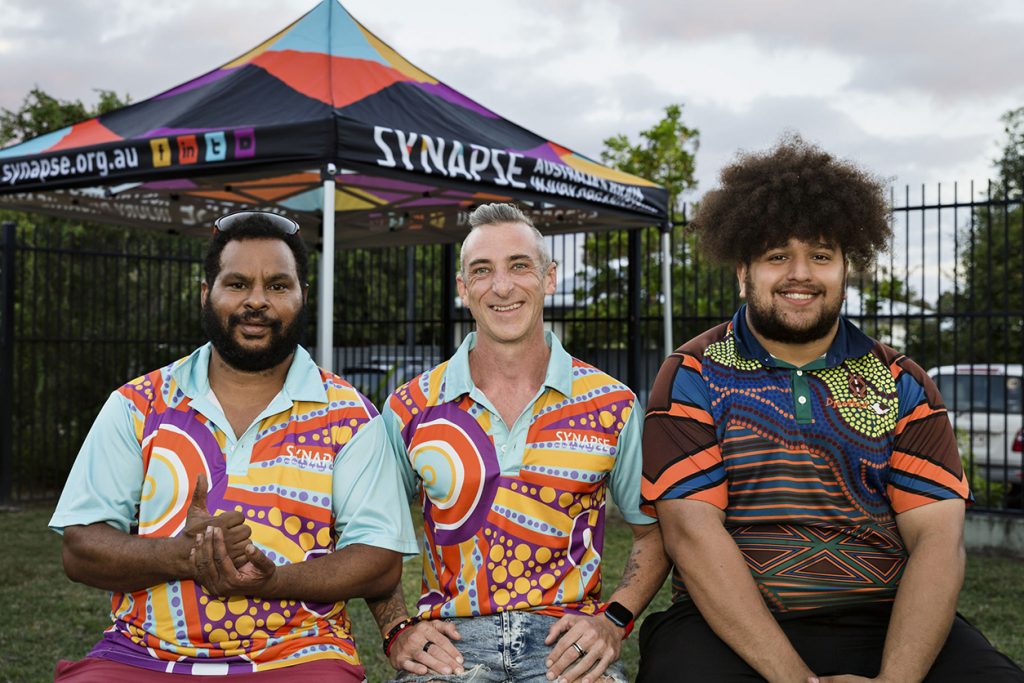Synapse wins grant to nationalise Guddi Way court program

Synapse has been awarded the Just Futures grant, which aims to better understand the needs of Aboriginal and Torres Strait Islander people with possible cognitive impairment to assist in informing sentencing and bail requirements. The grant of $1 million was awarded by The Paul Ramsay Foundation (PRF) in partnership with Australian Communities Foundation (ACF). This funding will see Synapse expand its current Guddi Way Court Program, operating in courts across Southeast Queensland, to support people nationally.
“This is such an important grant that acknowledges the great outcomes that Murri Courts are seeing in lowering recidivism rates and successful bail outcomes due to using Guddi to assist in understanding participant needs Murri Courts. The project has enhanced court knowledge about the impacts of brain injury for Aboriginal and/or Torres Strait Islander people and as a result seen individuals effectively connected with both specialist and mainstream supports that improve their success in meeting court conditions,” said Synapse CEO Jennifer Cullen.
The Guddi Court Program will support Aboriginal and Torres Strait Islander people and communities of all ages who are engaged with the justice and court systems. Key benefits of this program are that it will see community-led prevention (connecting people with country, culture, education, employment, and housing) and promote alternatives to custody by better understanding needs of participants impacted by brain injury, using the Guddi Way screen.
The Guddi Way screening tool includes a culturally sensitive method relating to cognition, thinking skills, disability, and psychosocial function. The tool can be used to identify cognitive difficulty and mental health concerns in any person over the age of sixteen and will provide support strategies and recommendations for referral.
“Synapse is so proud to be able to keep expanding this important work across Australia. This will see our team continue to have a positive impact on Aboriginal and Torres Strait Islander people’s contact with the justice system as well as intergenerational incarceration.”